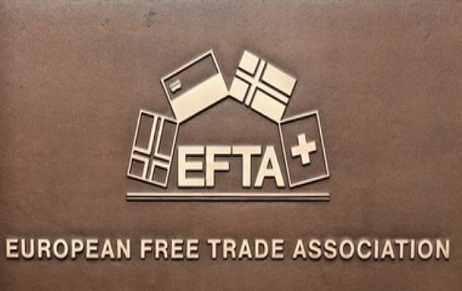This article delves into the ongoing debate around the issue of right of ownership of…
Meizu – Qualcomm License Agreement Deal
Qualcomm and the Chinese consumer electronics company Meizu recently announced that they had signed a licensing deal with each other. With this deal, they ended a yearlong infringement suit which was filed by Qualcomm against the Chinese company.
In the October of 2016, we came to know that Qualcomm (the largest chipmaker in the world) has filed patent infringement suits against the Chinese smartphone maker Meizu in the US International Trade Commission, the Mannheim regional Court in Germany and in France. The two went under a tiff when Qualcomm claimed that Meizu is refusing to negotiate the patent licensing deals for the chipmaker’s 3G and LTE technologies.
Qualcomm’s technology licensing (QTL) business owns a massive portfolio of wireless technologies and generates a lion’s share of its operating profits also. This portfolio allows it to generate a 3-5% profit over the wholesale price of every smartphone which is sold worldwide. This deal was widely accepted when the smartphone sales were booming but as the prices fell down, smartphone makers complained that the royalties were impacting the already small margins. In response to Qualcomm’s licensing fees, many companies in china started underreporting their shipments to pay the less licensing fee to Qualcomm. The Chinese government in return also slapped Qualcomm with a $975 million antitrust fine and forced it to lower its licensing rates. Due to this, Qualcomm had to renegotiate new licensing agreements with the companies on its own. Most of the major Chinese companies negotiated new terms with the chipset maker but Meizu was not ready to do this as they said they are not using Qualcomm’s chips in its lower segment phones and mainly puts MediaTek chips in them and Samsung’s Exynos chips in higher end devices.
After all this tussle, the two recently signed a patent licensing deal with each other. Under this deal, Qualcomm is granting Meizu, a worldwide royalty-bearing patent license for developing, manufacturing and selling certain 3G and 4G smartphones following the terms that the royalties produced by Meizu in China should adhere to the terms and conditions of the rectification plan which Qualcomm has submitted to the country’s National Development and reform Commission.
About the Author: Gaurav Giri, Sr. Executive Licensing at IIPRD and can be reached at: [email protected]



